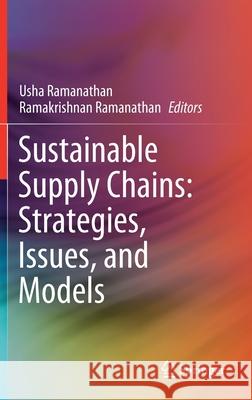Sustainable Supply Chains: Strategies, Issues, and Models » książka
topmenu
Sustainable Supply Chains: Strategies, Issues, and Models
ISBN-13: 9783030488758 / Angielski / Twarda / 2020 / 311 str.
Sustainable Supply Chains: Strategies, Issues, and Models
ISBN-13: 9783030488758 / Angielski / Twarda / 2020 / 311 str.
cena 645,58
(netto: 614,84 VAT: 5%)
Najniższa cena z 30 dni: 616,85
(netto: 614,84 VAT: 5%)
Najniższa cena z 30 dni: 616,85
Termin realizacji zamówienia:
ok. 16-18 dni roboczych.
ok. 16-18 dni roboczych.
Darmowa dostawa!
Kategorie:
Kategorie BISAC:
Wydawca:
Springer
Język:
Angielski
ISBN-13:
9783030488758
Rok wydania:
2020
Wydanie:
2020
Ilość stron:
311
Waga:
0.63 kg
Wymiary:
23.39 x 15.6 x 1.91
Oprawa:
Twarda
Wolumenów:
01
Dodatkowe informacje:
Wydanie ilustrowane











